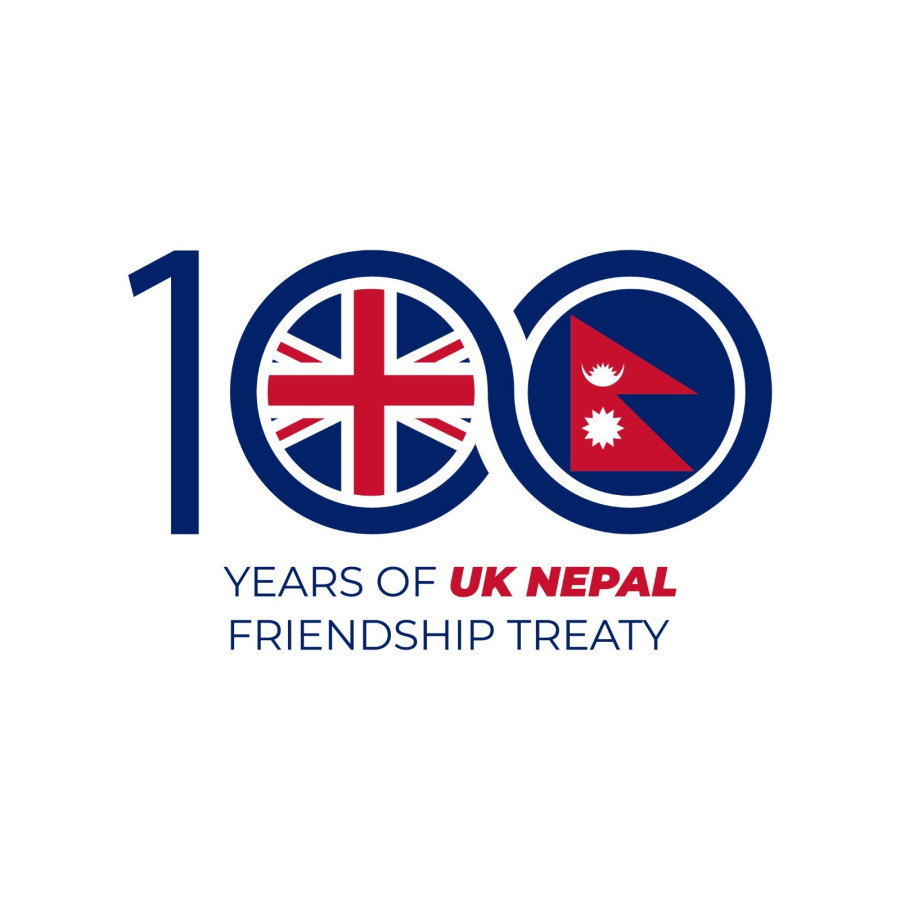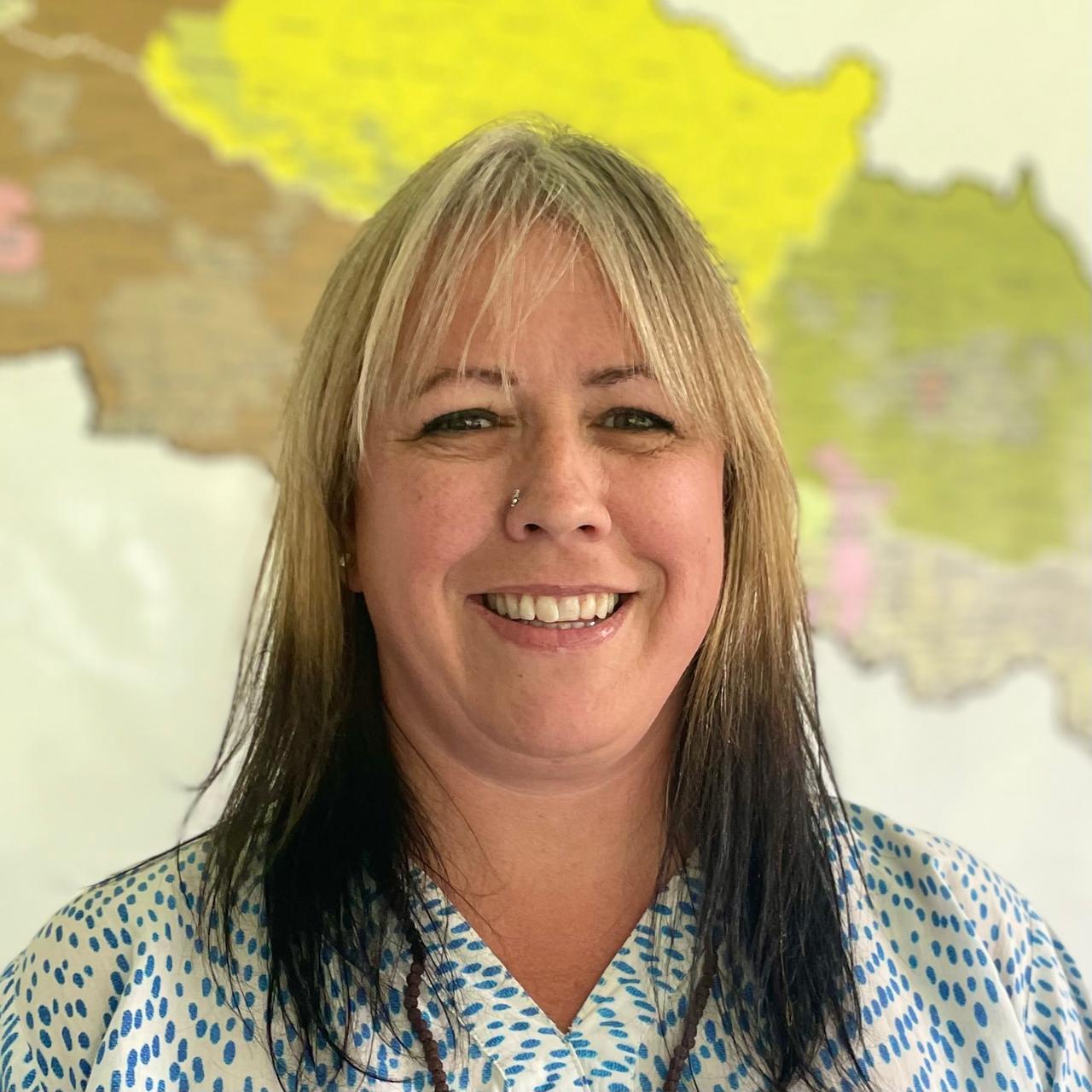Columns
The first Horizons Dialogue
It will help create space for critical reflection between Nepal and its friends.
Pippa Bird
Following remarkable development gains, Nepal stands at a crossroads in its journey towards inclusive, green growth and sustainable development. It must chart a path through multiple, linked challenges. Health, economic, climate and social fragility, alongside rapidly changing opportunities, demand that it adapts.
But the future is unpredictable. Making Nepal's development choices requires frank, inclusive and challenging conversations. It requires local knowledge and collective experience. Decisions must be based on the best available evidence and, where necessary, challenge the status quo.
As Nepal’s oldest partner—with over two centuries of shared history—the United Kingdom remains committed to this journey. Together, we are exploring how to navigate future development challenges. In that spirit, we’re launching a series of expert discussions—the “Horizons Dialogue Series”—to provide an inclusive space for dynamic conversations on Nepal’s development pathway, drawing on Nepali and international expertise.
Nepal’s development journey is complex. Space for forward-thinking and innovative solutions, grounded in credible data and local insights is vital. Testing assumptions and examining the many faces of fragility matter. These dialogues offer an opportunity for those committed to transformational change in Nepal to come together in a conversation informed by evidence. To delve into Nepal’s future economy, demographics, migration, climate, and nature.
The first dialogue, Navigating Nepal’s Fragility, will focus on how health, economic, and climate challenges interact. Overlapping shocks lie at the heart of Nepal's ability to anticipate and respond to crises.
Drawing on local voices and expert insights, this shared approach will consider what might happen in the next five to ten years. It will help examine the inequalities that leave some groups more vulnerable than others. For many women, lower-income families, and marginalised groups, health crises, economic downturns, and environmental disasters have a more devastating impact. This reality makes tackling the intersection of vulnerabilities essential to greater resilience.
External shocks that compound one another present risks to Nepal’s economy. Remittances and tourism have long been critical to the country's economic landscape. But their volatility during crises exposes vulnerability. Exploring how Nepal can foster an economy that is more sustainable and better prepared for future disruptions matters. As does considering how governance structures, social protection systems and local initiatives can leverage inclusive growth.
For many Nepalis, especially those in rural and marginalised communities, access to resources, healthcare, and job opportunities remains unequal. Addressing these disparities will create an economy that benefits everyone. Air pollution—a growing concern—is closely tied to the climate-health nexus. It disproportionately affects vulnerable populations. Twelve percent of Kathmandu’s population suffers from chronic health conditions linked to the rising pollution levels from industrial emissions, reliance on biomass and dated transport infrastructure.
While economic and health challenges may be better known, climate change is a looming backdrop to Nepal’s development choices. Shifting weather patterns, melting glaciers, and environmental degradation affect the economy, food and nutrition, water security, increasing pressure on vulnerable populations. For rural farmers, these disruptions can mean the difference between survival and destitution. The risks posed by glacial lake floods, such as those recently witnessed in Thame and Mustang, highlight the immediate threats to life in the Himalayas.
The United Nations Secretary-General’s visit to Everest underscored Nepal’s vulnerability, with his message from the "roof of the world" calling for urgent global action on climate change. As Nepal grapples with these challenges, climate resilience must be at the core of any long-term development strategy. The Horizons dialogues will also explore how nature conservation, sustainable land use and biodiversity protection can be integrated into Nepal’s broader development goals. Safeguarding the country’s rich natural resources will ensure both economic, social and ecological stability.
At the heart of these discussions is the need for strong, adaptable institutions capable of managing contemporary social and economic challenges across the country. Transparent, accountable governance will ensure resources are used efficiently and development efforts are inclusive. Nepal’s institutions must be able to respond to immediate crises while remaining flexible enough to address longer-term shifts. The dialogues will reflect on how Nepal’s governance structures can be resilient and drive development outcomes that are shared equitably.
Migration and demographic changes will be the focus of the next dialogue. Migration, both internal and international, is driving rapid economic and social change in Nepal. Demographic shifts, including youth migration from rural to urban areas and overseas, is reshaping labour markets and infrastructure needs. Understanding these trends will be crucial to chart Nepal’s development journey over the next decade.
Nepal’s ability to adapt, respond to crises and achieve sustainable growth requires agility and recognition of local realities. Reflecting this, in February 2024, the UK launched a refreshed development portfolio in Nepal. This new portfolio recognises the interconnected nature of Nepal’s challenges and opportunities. It includes support for climate adaptation, anticipatory action on disasters and efforts to protect the most vulnerable while ensuring access to health, education and other basic social services. We’ll also help local governments build climate-resilient infrastructure based on local needs and work to promote investment, good jobs, and clean growth.
Nepal’s development journey in a rapidly changing world is filled with both opportunities and uncertainties. Working with Nepal’s leaders, experts and local voices, the UK hopes the Horizons Dialogues will help create space for critical reflection between Nepal and its friends. It will help us—together—consider innovative solutions that respond to Nepal’s future needs. It will bring together diverse perspectives on the future, blending the expertise of Nepali policymakers and development experts, with partners such as the UK’s Durham University and international collaborators, integrating the lived experiences of Nepal’s communities. As these conversations unfold, they will help chart a path forward—one grounded in local realities, informed by credible data, and focused on creating a resilient and equitable future for all.




 8.22°C Kathmandu
8.22°C Kathmandu















